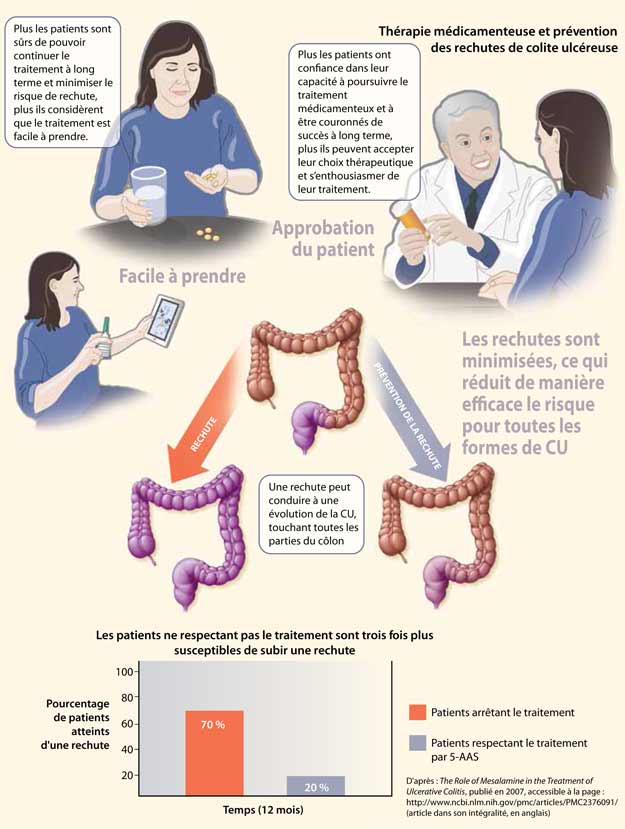P.K. Shenoy, MD, DLO, FRCS, FACS1, W. Wang, MD2
1ENT Service Chief, Campbellton Regional Hospital, New Brunswick, Campbellton, Canada.
2Pathology Service Chief, Campbellton Regional Hospital, New Brunswick, Campbellton, Canada.
Abstract
Objectives: We report a rare case of Pilomatrixoma with an unusual presentation in an elderly individual.
Method: Case reports and review of the literature of Pilomatrixoma and its clinical presentation, familial ocuurence and genetic mutation are presented.
Result: Pilomatrixoma is a rare, slow growing benign skin tumour derived from the hair matrix cell that typically occurs in the head and neck.8,9 Most cases of Pilomatrixoma occur in children under the age of 10. Rarely can it present in young adults or the middle age group where there is a female predominance.1,2,12
Keywords: pilomatrixoma, calcifying epithelioma of Malherbe, haemorrhagic purplish nodule, solid and cystic, pleuropotential precursor, mutation, basophilic cells, shadow cells, CTNNB1.





